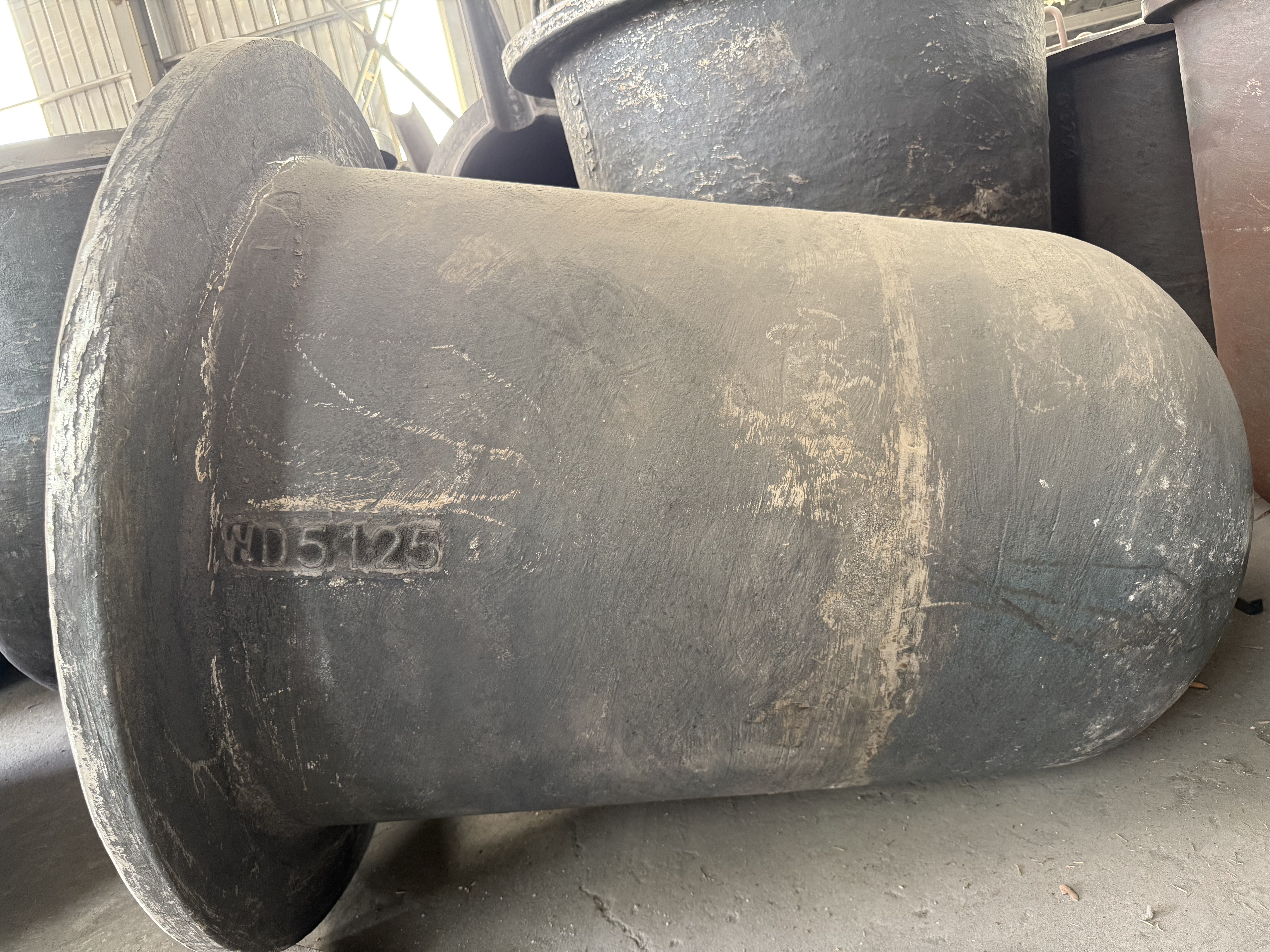precision aluminum casting
Precision aluminum casting represents a sophisticated manufacturing process that combines advanced technology with meticulous craftsmanship to produce high-quality aluminum components. This process involves creating detailed molds from precise specifications, followed by carefully controlled pouring of molten aluminum to achieve exceptional dimensional accuracy and surface finish. The technology employs state-of-the-art computer-aided design (CAD) systems and simulation software to ensure optimal results in every casting. The process stands out for its ability to produce complex geometries and intricate details while maintaining tight tolerances and structural integrity. Applications span across multiple industries, including automotive manufacturing, aerospace components, medical equipment, and consumer electronics. The process excels in producing both small precision parts and larger structural components, with the capability to incorporate various aluminum alloys to meet specific strength, weight, and durability requirements. Modern precision aluminum casting facilities utilize automated systems and advanced quality control measures to ensure consistency and reliability in production, making it an ideal choice for both prototype development and high-volume manufacturing runs.

